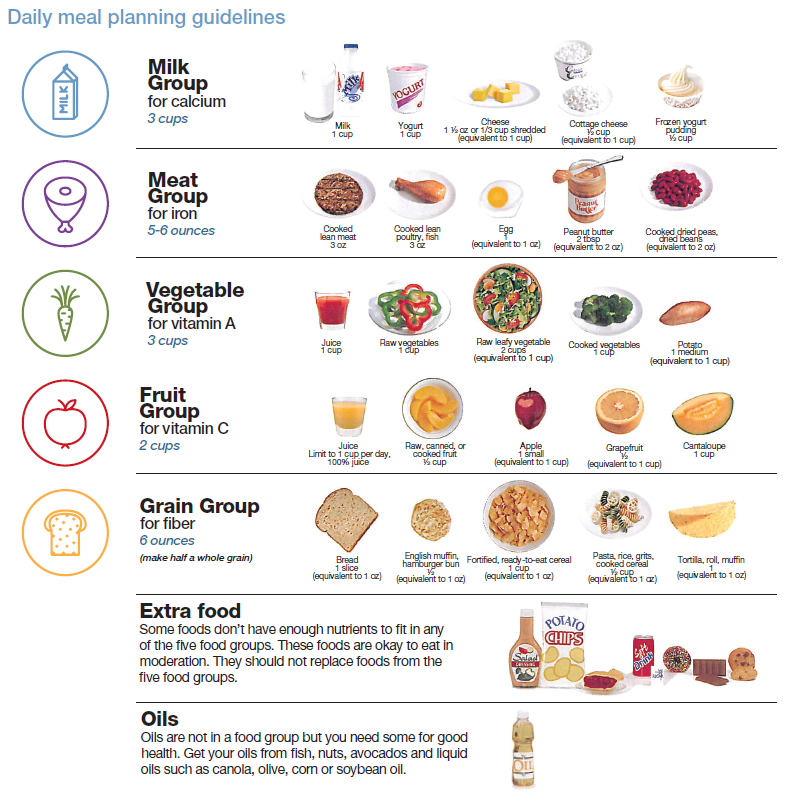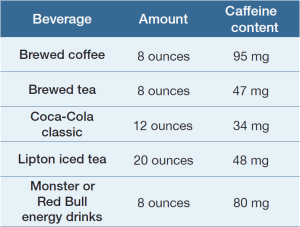Nutrition
When you’re pregnant, you experience many changes. And as your body changes, so do its demand for nutrients. You need to get enough nutrients to support both yourself and your baby’s growth.
Simple steps for eating healthy throughout your pregnancy
- When you eat a healthy, balanced diet, you and your baby both get the nutrition you need.
- By eating a variety of healthy foods and taking prenatal vitamins, you should be able to get all the nutrients you need during pregnancy. Taking your vitamins with a small meal or snack will help you tolerate and absorb them better.
- Any extra calories should be from nutritious foods, such as lean meats, low-fat or fat-free dairy products, fruits, vegetables and whole grain bread and cereals.

Daily meal planning guidelines
Water
To make sure you stay adequately hydrated and to prevent constipation, hemorrhoids, and urinary tract or bladder infections, it’s important that you drink plenty of water while you’re pregnant.
Aim for twelve (12) 8-ounce glasses of fluids each day, and try to choose water or low-fat milk whenever possible. You’ll need more fluid when you exercise when the weather is hot and if you’re ill with a fever. If your urine is colorless or light yellow, you know you’re drinking enough water.
Caffeine
Some studies show a relationship between excessive caffeine intake and an increased risk of miscarriage, especially in the first trimester. Because of that, some providers recommend limiting caffeine to no more than 200 milligrams a day during early pregnancy. The caffeine content of some popular beverages is as follows:

Calcium
- Putting the clamp on high blood pressure – Pregnancy-induced high blood pressure can happen in 10% to 20% of all pregnancies and, if not corrected, may lead to preeclampsia—a potentially life-threatening disorder of late pregnancy. If you can boost your calcium intake to 1,200 to 1,500 mg/day, you’re a step ahead in reducing your risk of pregnancy-induced high blood pressure and preeclampsia.
- Calcium-rich foods – Milk and milk products are the richest sources of calcium – one 8-ounce glass of milk provides 300 mg of calcium. As a mom-to-be, you can meet your calcium needs by drinking three (3) cups of nonfat or low-fat milk a day or by consuming other calcium-containing foods. Listed below are common sources of calcium and calcium counts.
| Food | Serving size | Calcium (mg) |
|---|---|---|
| Plain, low-fat yogurt | 8 ounces | 415 |
| Part-skim mozzarella cheese | 1-½ ounces | 333 |
| Sardines with bones in oil | 3 ounces | 325 |
| Cheddar cheese | 1-½ ounces | 307 |
| Calcium-fortified orange juice | 6 ounces | 261 |
| Canned salmon with bones | 3 ounces | 181 |
| Cottage cheese from 1% milk | 1 cup | 138 |
| Soft serve frozen yogurt | ½ cup | 103 |
| Fresh, cooked kale | 1 cup | 94 |
| Vanilla ice cream | ½ cup | 84 |
| Ready-to-eat chocolate pudding | 4 ounces | 55 |
| 6-inch corn tortilla | 1 | 46 |
| Raw broccoli | ½ cup | 21 |

